South Sudan floods affect 1.4 million, displace 379,000: UN
Devastating flooding in South Sudan is affecting around 1.4 million people, with more than 379,000 displaced, according to a United Nations update that warned about an upsurge in malaria.

South Sudan is frequently hit by flooding. Photo: © Simon MAINA / AFP/File
Nairobi (AFP): Devastating flooding in South Sudan is affecting around 1.4 million people, with more than 379,000 displaced, according to a United Nations update that warned about an upsurge in malaria.
Aid agencies have said that the world's youngest country, highly vulnerable to climate change, is in the grip of its worst flooding in decades, mainly in the north.
The United Nations Office for the Coordination of Humanitarian Affairs (OCHA) said about 1.4 million people were affected by floods in 43 counties and the disputed Abyei region, which is claimed by both South Sudan and Sudan.
"Over 379,000 individuals are displaced in 22 counties and Abyei," it added in a statement issued late on Friday.
A surge in malaria has been reported in several states, it said, "overwhelming the health system and exacerbating the situation and impact in flood-hit areas".
Since gaining independence from Sudan in 2011, the world's youngest nation has remained plagued by chronic instability, violence and economic stagnation as well as climate disasters such as drought and floods.
Seven million food insecure
The World Bank said last month that the latest floods were "worsening an already critical humanitarian situation marked by severe food insecurity, economic decline, continued conflict, disease outbreaks, and the repercussions of the Sudan conflict", which has seen several hundred thousand people pour into South Sudan.
More than seven million people are food insecure in South Sudan and 1.65 million children are malnourished, according to the UN's World Food Programme.
The country also faces another period of political paralysis after the president's office announced in September yet another extension to a transitional period agreed in a 2018 peace deal, delaying elections by two years to December 2026.
Key provisions of the transitional agreement remain unfulfilled -- including the creation of a constitution and the unification of the rival forces of President Salva Kiir and his foe Reik Machar.
The delay has left South Sudan's partners and the United Nations exasperated, with UN envoy Nicholas Haysom on Thursday describing it as a "regrettable development".
All local and international parties involved "must collectively seize the opportunity to make this extension the last, and deliver the peace and democracy that the people of South Sudan deserve," added Haysom.
South Sudan boasts plentiful oil resources but the vital source of revenue was decimated in February when an export pipeline was damaged in neighbouring war-torn Sudan.
-

Australian eyes $30m fine for social media flouting under-16s ban
2024-11-21 -

K-drama for mental health? Binge on, one expert says
2024-11-21 -
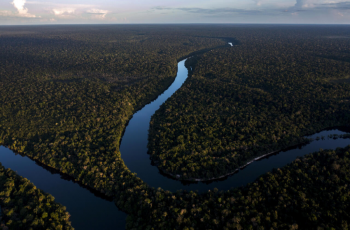
Brazil will not 'shy away' from fossil fuels issue as COP30 host: envoy
2024-11-21 -

'They killed her dream': Israel strike leaves woman footballer in coma
2024-11-20 -
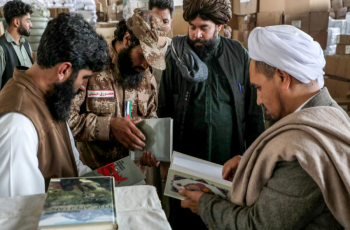
Taliban govt clearing 'un-Islamic' books from Afghanistan shelves
2024-11-20 -
.jpeg)
Europe's pivotal role in bid to strike COP29 climate deal
2024-11-20 -
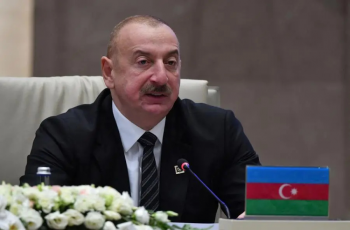
COP host Azerbaijan jailed activists over 'critical opinions': rights body
2024-11-18 -

'Nobody can reverse' US progress on clean energy: Biden
2024-11-18 -
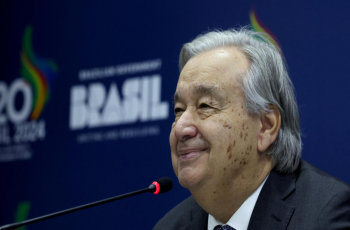
UN chief urges G20 'leadership' on stalled climate talks
2024-11-18 -
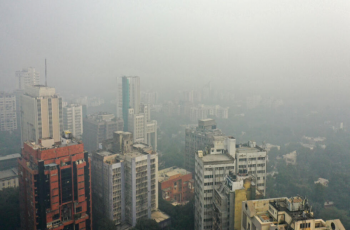
India's capital shuts schools because of smog
2024-11-18
